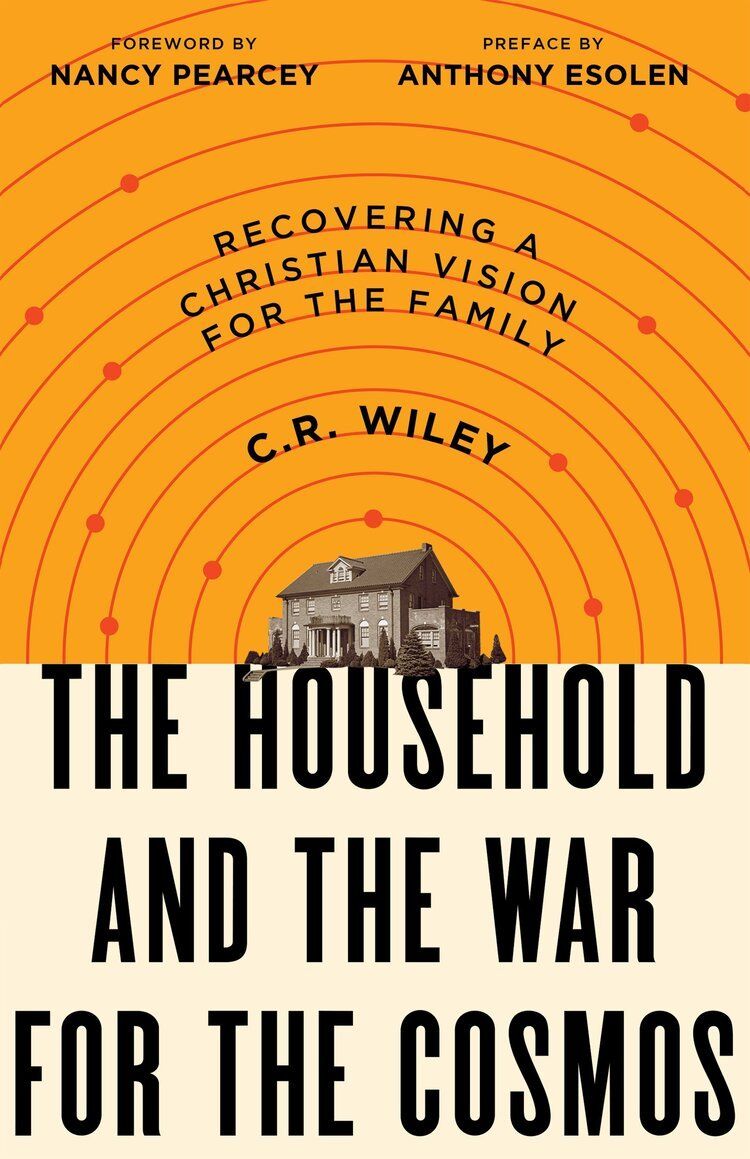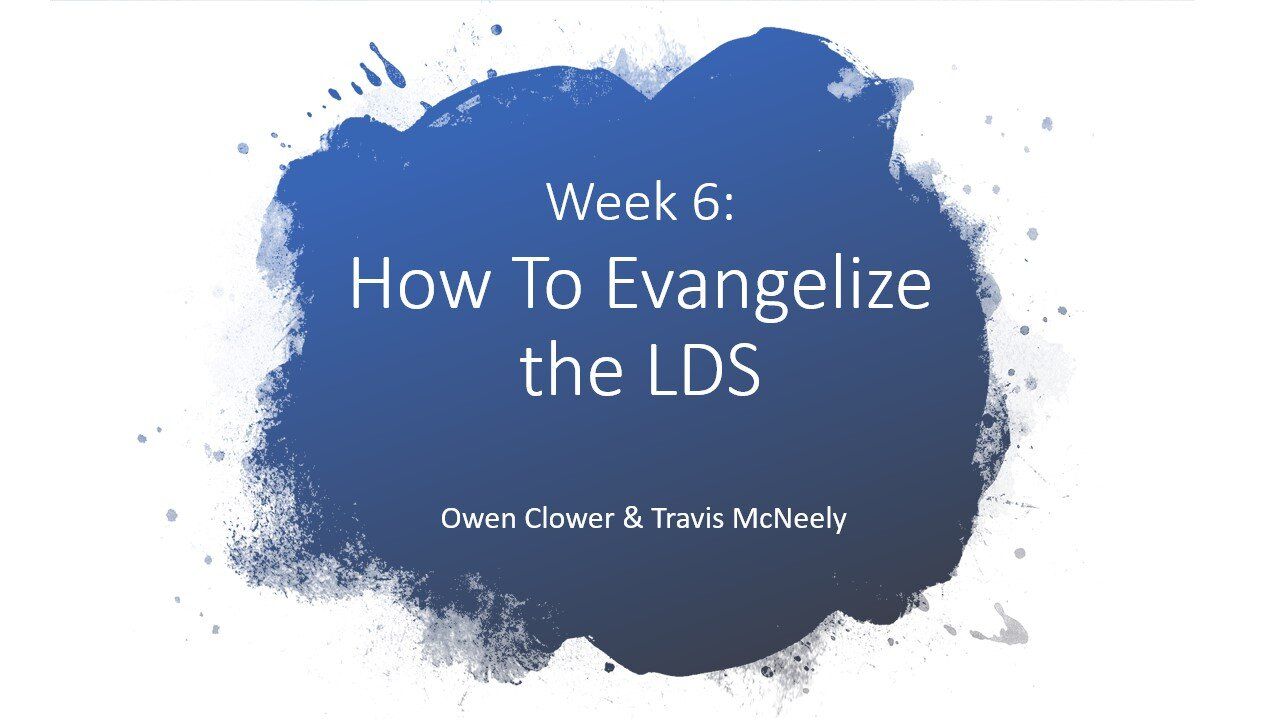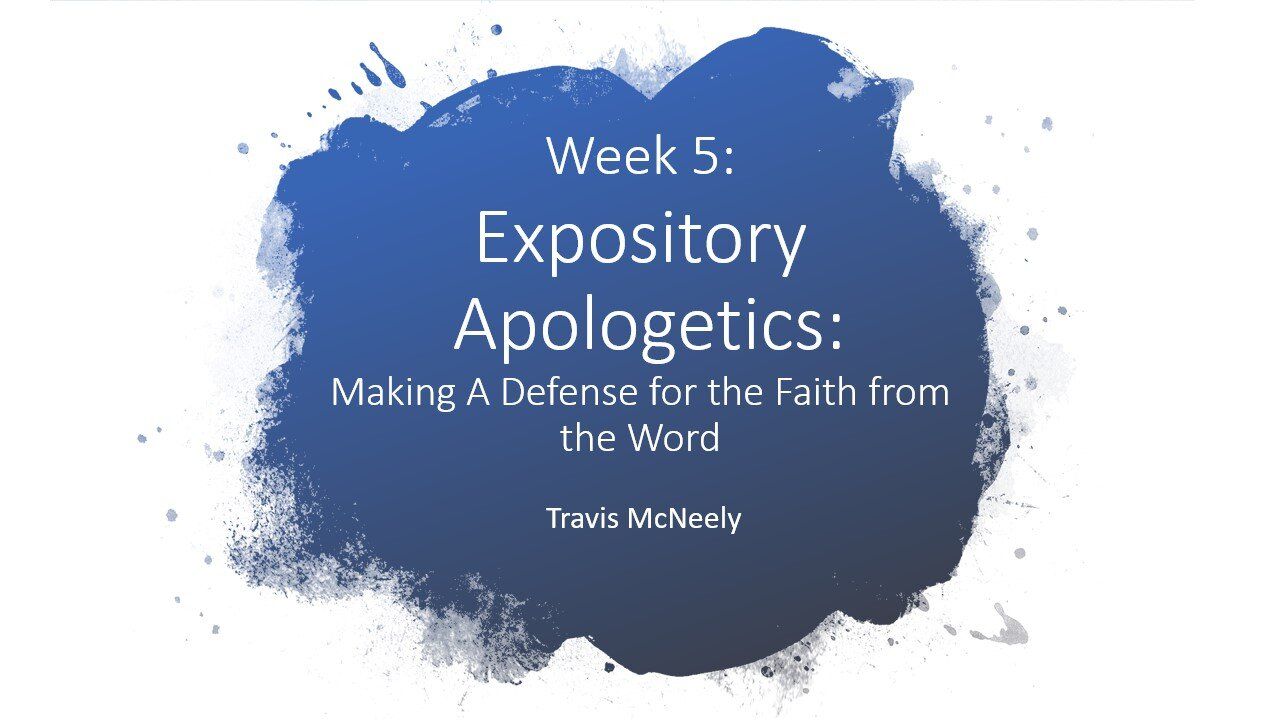Reflections from a Book on the Family after Preaching on Marriage.

One month ago, I had the privilege of preaching on Ephesians 5:22-33 about the mystery of the gospel portrayed in the marriage covenant. It was the first time I had done so and given our current cultural climate, the text is clearly counter-cultural just as it was then. I was particularly excited to preach on a Christian view of marriage and the roles of husband and wife.
Immediately following my sermon I stumbled across a brand new book by CR Wiley called, "The Household and the War for the Cosmos: Recovering a Christian Vision for the Family." Near the end of the book, he looks at how the Christian worldview lived out through the home impacts the world we live in today. In his address to husbands and wives, he quotes the entire text of Ephesians 5:22-33, calling it "the most controversial part of the household code." I want to share an extensive block quote from the book for two reasons: (1) it is a very good quote, I might've even read it in my application of the text if I had known about it at the time, (2) I hope it spurs you on to go and buy this book and read the rest of the great content within it.
Here it is:
"There have been many objections raised to the arrangement over the years, some of them having to do with the trustworthiness or competence of a particular husband. But is it the husband, or is submission the real problem? Let's test it. Try to picture the best husband imaginable. Would it really make a difference? Some women say it would be different being married to Jesus. Paul anticipates this and says, okay, use your husband as a stand-in for Jesus. Does it help? Probably not.
Let's admit it, submission can be very disagreeable no matter who the man is; even when he is the image of the invisible God.
But submission is required. It is always required. Every human institution in the history of the world has been held together by it. We tend to mollify this awkward fact by using more palatable terms, like compliance. This is intended to keep authority figures out of sight. But authorities are still working behind the scenes in even the most liberal and light-filled bureaucracy.
Nevertheless it is easy to justify obstinacy. Sometimes a boss really is an idiot; sometimes a police officer really is brutal; sometimes a politician really is corrupt--and sometimes rebellion really is the only solution. But you can't build anything on rebellion. Submission will eventually be called for: armies can't win without submission, and football teams can't score without submission, and children can't learn math without submission. We can be honest about it, or we can try to hide it--this is life. And it is true for the house of God, and for the households we live in. And Paul makes the connection: 'For the husband is the head of the wife even as Christ is the head of the church.'
Understood in the right way, submission is something to be proud of. Just think of the command "Attack!" and the valor we admire when men rise in obedience to charge. And this brings up the real problem people have with the household codes: they don't believe that the sacrifices that they call for are worth making. They don't believe that households serve a higher purpose than the personal goals of the individuals that live in them.
When preachers read the code aloud, they tend to move on quickly from submission to 'husbands love your wives.' But that is as much a command as the command for wives to obey their husbands. It fails to register controversy, although it should, because the reason Paul gives for men to love their wives is that a wife is a man's own body. Perhaps the reason this fails to offend is the fog that tends to fill our minds whenever the word love is mentioned.
For, if a wife is a man's body, then she belongs to him in some sense. This was something taken as a matter of course not too long ago. While Paul doesn't say it here, it is also true that a husband's body belongs to his wife. And he does say that very thing elsewhere (1 Cor. 7:1-4). Today all of this is contested because people believe that they belong only to themselves. They think their bodies are inviolable and impregnable things, bound to other people only by a thin cord of consent. But if this is so, then our unions are only as strong as our will--and that even goes for our union with Christ.
But salvation depends upon something stronger than a human will, because no human will, no matter how strong, can raise the dead. The Christian hope is not based on consent, but on belonging to God. Our bodies belong to Him. We are not our own."
-p. 107-110.
Feel free to share this post to your social media platforms or share my post of it on Facebook: https://www.facebook.com/wtmcneely/posts/10159815536981959? __xts__[0]=68.ARBjVQwXNHaDlC0RDxy4iRLP4v-3JtesAPzoK3Zh8681JK8uJ8YOQgcDg8BiEkVm5ce86n30tiwzYZ7u0bRBhtVJpa2c9BFZ3w57btPdDuG1Zn7MEPAomB4UZ4hlbhsMlF9uRSd3TqBNqIxpOCGQ7HLhs-kJUGTcWv46E4BRg-x8RCFT1cgEd7kDENbVhKESeEtwAvjm6tz-U3dSb4uYTIf39PVGapLZUZUHXjBxXliVjUkhD0Ax2y-YxFz6vkRP05PsRV2OWkkX0yjVe7pouLK6-joXx5C0TXh4_39Y9Yb528G8xwvPKAASCivknnpEb437XowZrhldXX4&__tn__=-R
Want To Book Me for Your Event or Conference?
Fill out the form below and we'll be in touch!
Book Travis McNeely
We will get back to you as soon as possible
Please try again later
More posts like this...




